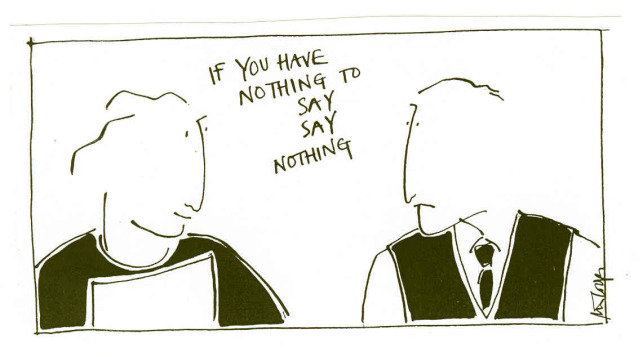4 bad habits to get rid of if you want to write effectively
1. Don’t write too soon.
Many people rush to their pen or word processor, and set out on their writing journey without knowing where they are headed. This will almost certainly cause all kinds of problems as you use draft after draft to put your thoughts in order. The secret is to get your thinking done first. Write down, on the back of an envelope or its electronic equivalent, exactly what you are trying to say (preferably in one sentence, with a verb), to whom, and why. Don’t worry about the time this might take: this is the hardest part and once you have done it your problems should start to ease.
2. Don’t set aside large amounts of time to write.
Writing is a risk-taking activity, so the more time you make available, the worse the worrying can be. The answer is simple: as soon as you are ready, start writing. Set aside 10 -15 minutes: don’t go back, don’t give up, and don’t cross out. When you have finished you will almost certainly feel that you could have done better, but two important things will have happened. The first draft will now be written and (since you wrote it in one go) it will almost certainly have an easy-to-follow structure
3. Don’t fiddle uncontrollably with your drafts.
It is tempting to start fiddling too soon, but there is a way of approaching this systematically. Print out your draft and, without getting involved in the detail, check the major elements: message, market, structure. Once you have sorted these out, print it out again – and this time look for the details – facts, choice of words, length of sentences, and so on.
4. Don’t get things out of perspective.
There is more to life than writing. If you produce what you set out to produce, within the time limits you set yourself, then it is a job well done. After all, while writing can be terribly painful, having written is one of life’s great joys.
Image copyright Min Cooper, reproduced by permission
'The secret is to get your thinking done first.'
'Writing is a lonely job. Having someone who believes in you makes a great difference' - Stephen King




